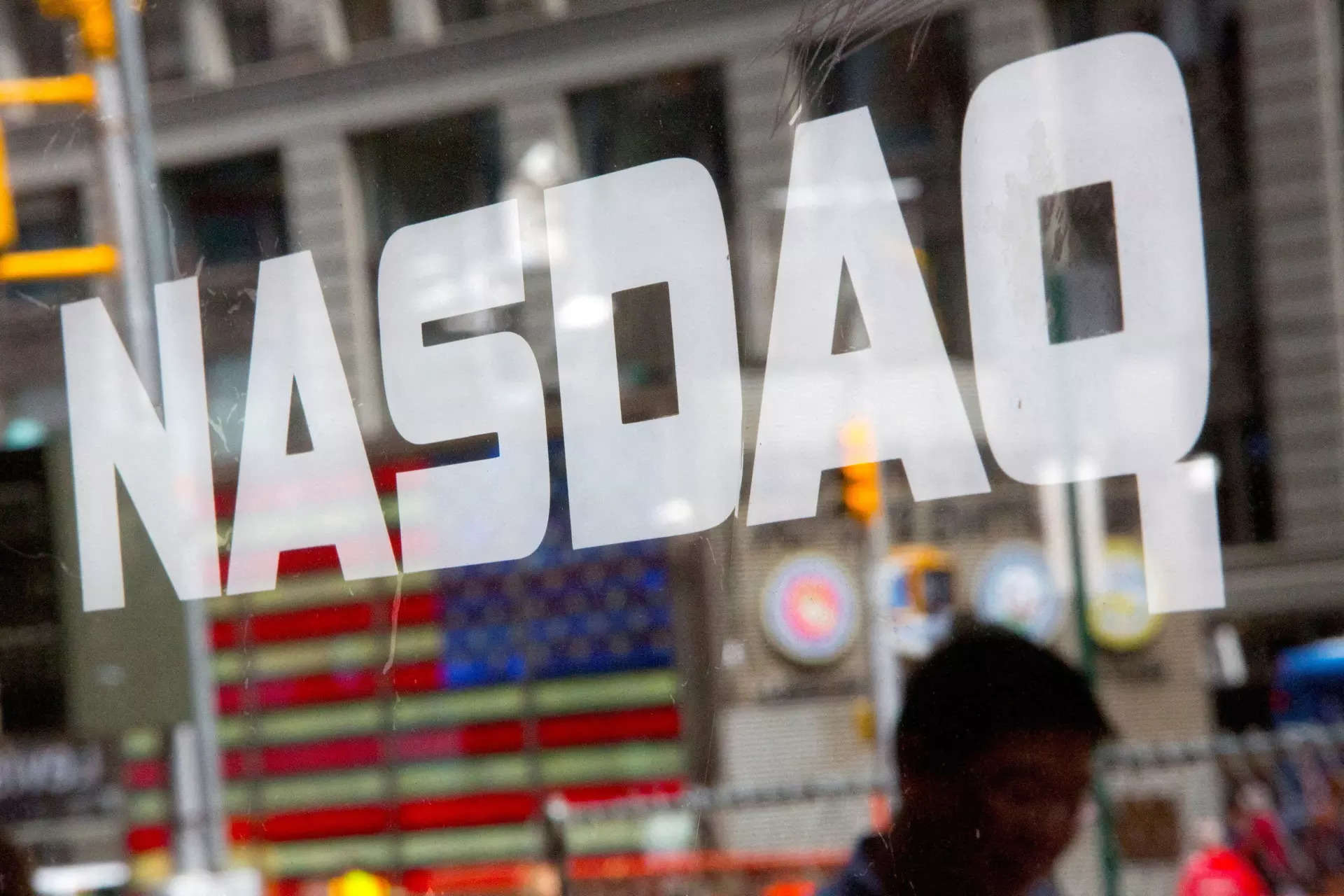The so-called Magnificent Seven technology companies brigade that have powered this year’s US stock rally seem to be having not so great time in the stock market. These “magnificent seven” comprise seven technology companies: Alphabet, Amazon, Apple, Facebook parent Meta, Microsoft, Nvidia and Tesla. The seven have added almost $4tn in market capitalisation in 2023, compared with $3.4tn in gains for the MSCI index as a whole.These companies combine to make up a quarter of the value of the S&P 500 index.
Most of these companies are posting disappointing earnings, wiping about almost $200 billion off their market value and threatening to push the S&P 500 into a correction.
Google owner Alphabet Inc, Tesla Inc and Facebook parent Meta Platforms Inc have all slumped since reporting their results. Google parent company Alphabet saw its share price fall over 9%, wiping $180 billion from its market cap. It was noted as Google’s worst-performing day since the COVID-19 pandemic hit in March 2020.
Microsoft Corp is the only bright spot. Amazon.com publishes results after the market close Thursday (October 26). The Windows software maker rallied to add about $75 billion in market value on Wednesday (October 25), after the software giant reported first-quarter results that beat expectations.
The remaining two — Apple Inc. and Nvidia Corp. — are due to report next month.
These seven companies have been the story of the year in the stock market, with a frenzy of interest around artificial intelligence fueling gains for many of them. The optimism is waning because of higher interest rates and war in the Middle East.
Yet all’s not lost as yet. The tech-heavy Nasdaq 100 Index, dominated by the Magnificent Seven, remains up 31% for year. Despite the slowdown in earnings growth outside of big tech, companies are said to be actually been topping analyst estimates across the board this quarter; 80% of reporting firms have topped profit estimates for Q3 through October 24, above the 67% historic rate, according to LSEG, indicative of companies setting a lower hurdle amid a shakier macroeconomic environment.
(with agency inputs)
Most of these companies are posting disappointing earnings, wiping about almost $200 billion off their market value and threatening to push the S&P 500 into a correction.
Google owner Alphabet Inc, Tesla Inc and Facebook parent Meta Platforms Inc have all slumped since reporting their results. Google parent company Alphabet saw its share price fall over 9%, wiping $180 billion from its market cap. It was noted as Google’s worst-performing day since the COVID-19 pandemic hit in March 2020.
Microsoft Corp is the only bright spot. Amazon.com publishes results after the market close Thursday (October 26). The Windows software maker rallied to add about $75 billion in market value on Wednesday (October 25), after the software giant reported first-quarter results that beat expectations.
The remaining two — Apple Inc. and Nvidia Corp. — are due to report next month.
These seven companies have been the story of the year in the stock market, with a frenzy of interest around artificial intelligence fueling gains for many of them. The optimism is waning because of higher interest rates and war in the Middle East.
Yet all’s not lost as yet. The tech-heavy Nasdaq 100 Index, dominated by the Magnificent Seven, remains up 31% for year. Despite the slowdown in earnings growth outside of big tech, companies are said to be actually been topping analyst estimates across the board this quarter; 80% of reporting firms have topped profit estimates for Q3 through October 24, above the 67% historic rate, according to LSEG, indicative of companies setting a lower hurdle amid a shakier macroeconomic environment.
(with agency inputs)
